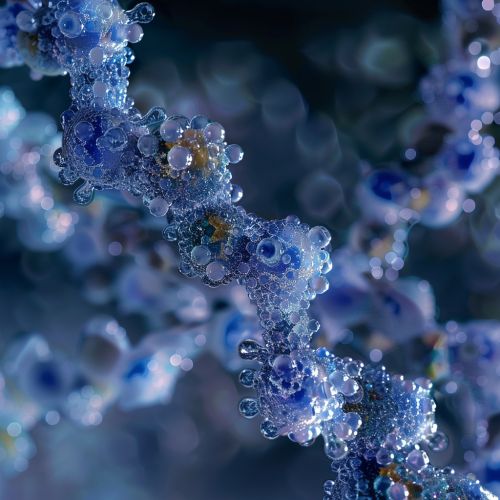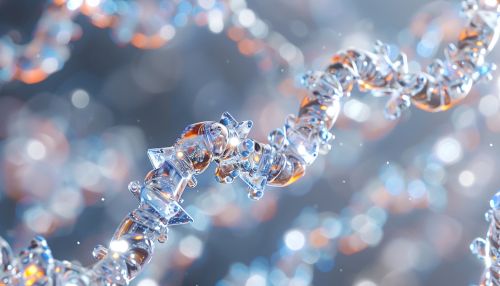Alpha-Ketoglutarate Dehydrogenase
Overview
The Alpha-Ketoglutarate Dehydrogenase Complex (AKGDH) is a key enzyme complex in the Krebs cycle, also known as the citric acid cycle or tricarboxylic acid cycle. It catalyzes the oxidative decarboxylation of alpha-ketoglutarate (α-KG) to succinyl-CoA, a critical step in the metabolic pathway that provides energy to living cells.


Structure
The AKGDH complex is a multienzyme complex composed of multiple copies of three enzymatic components: E1 (alpha-ketoglutarate dehydrogenase), E2 (dihydrolipoamide succinyltransferase), and E3 (dihydrolipoamide dehydrogenase). The E1 component is a thiamine pyrophosphate-dependent enzyme, while E2 and E3 are flavoproteins.
Function
The primary function of the AKGDH complex is to catalyze the conversion of alpha-ketoglutarate, CoA, and NAD+ into succinyl-CoA, NADH, and CO2. This reaction is a key step in the Krebs cycle, which is central to cellular respiration and energy production.
Regulation
The AKGDH complex is tightly regulated at multiple levels, including transcriptional, translational, and post-translational mechanisms. It is also subject to allosteric regulation by several metabolites, including ATP, ADP, NADH, and calcium ions.
Clinical Significance
Mutations in the genes encoding the components of the AKGDH complex can lead to a variety of metabolic disorders, including Alpha-Ketoglutarate Dehydrogenase Deficiency, a rare inherited disorder characterized by severe neurological abnormalities.
